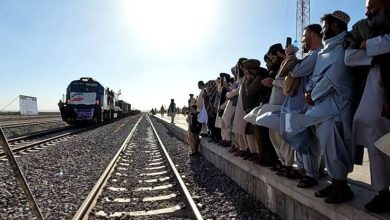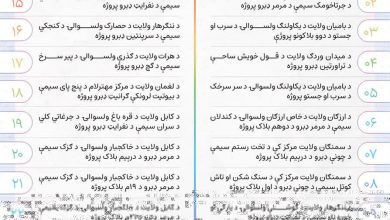Revolution in Financial Transparency: Historic MoU Signed Between Da Afghanistan Bank and Ministry of Finance for Electronic Payment System
In a significant step towards achieving financial transparency, accountability, and progress in the country's financial system, a cooperation agreement was signed between Da Afghanistan Bank and the Ministry of Finance for the electronic collection of revenues, management of government expenditures, and payment of salaries. This historic agreement, made in line with the recommendations of the Islamic Emirate, marks a pivotal moment in the fight against financial corruption and strengthens Afghanistan's economic independence.

Weezha Roz-Kabul-According to the agreement, Da Afghanistan Bank’s interbank payment systems (ACSS) and Afghanistan Payment System (APS) will integrate with the Ministry of Finance’s systems, including ASYCUDA (customs management), SIGTAS (tax system), and AFMIS (financial management information system).
This integration will enable real-time monitoring of national revenues, expenses, and government employee salary payments, preventing the waste of public resources.
Sediqullah Khalid, the First Deputy of Da Afghanistan Bank, described the initiative as a “revolution in the financial system” during a press conference, emphasizing that with the implementation of this system, government revenues will be collected transparently and electronically, expenses will be managed through digital payments, and employees’ salaries will be deposited into their accounts without delay.
This system also facilitates banking services for the private sector and contributes to the country’s financial independence.
On the other hand, Hafiz Mawlawi Shah Hussain Hosseini, the Director General of Revenue at the Ministry of Finance, mentioned that the national budget is now fully funded by domestic revenues.
He added, “Previously, the physical collection of revenues faced challenges, but now, with this integrated system, all revenues are transferred electronically and in a timely manner to the Ministry of Finance’s central account.”
A key point of note is that the system’s complete overhaul was done by the domestic specialists at Da Afghanistan Bank.
After the cessation of expensive foreign systems in the past, the bank relied on local capacity to restore the payment systems without additional costs.
These systems no longer require annual investment, and they are now recognized as a national asset and a model for financial self-reliance.
Experts believe that the implementation of this agreement will accelerate the path to eliminating corruption in the economy by removing cash payments, enhancing institutional accountability, and strengthening the stability of the financial system.
This transformation represents a significant step in gaining public trust and facilitating future investments in Afghanistan.
Weezha Roz




